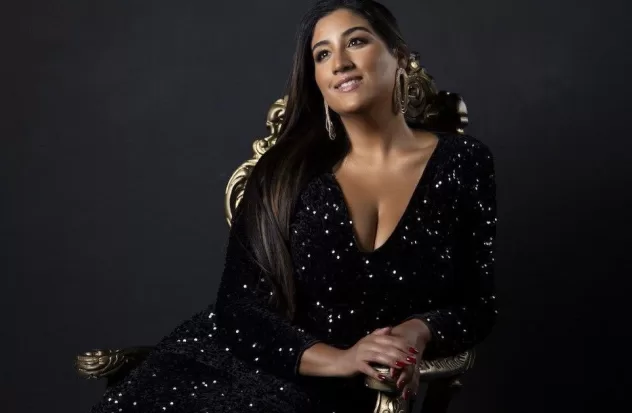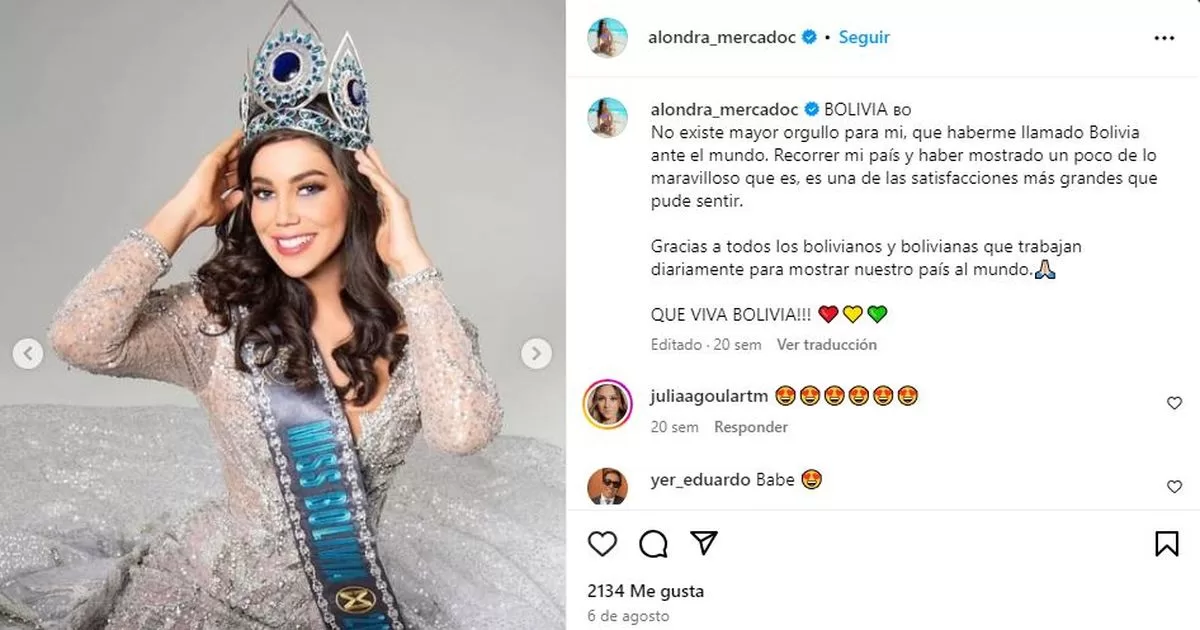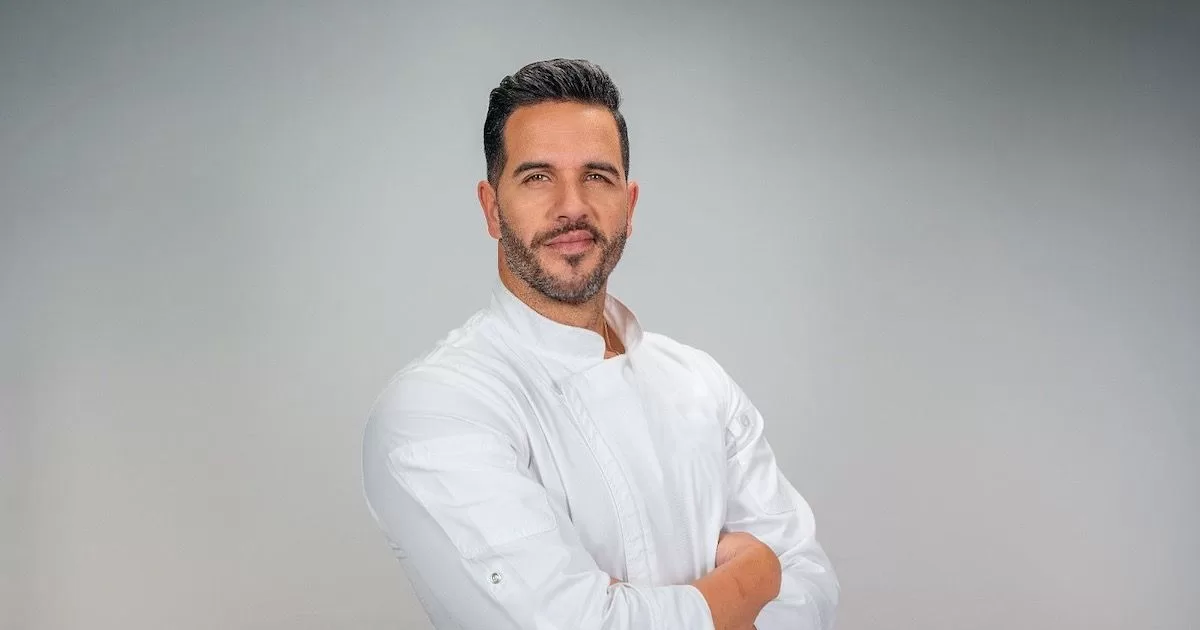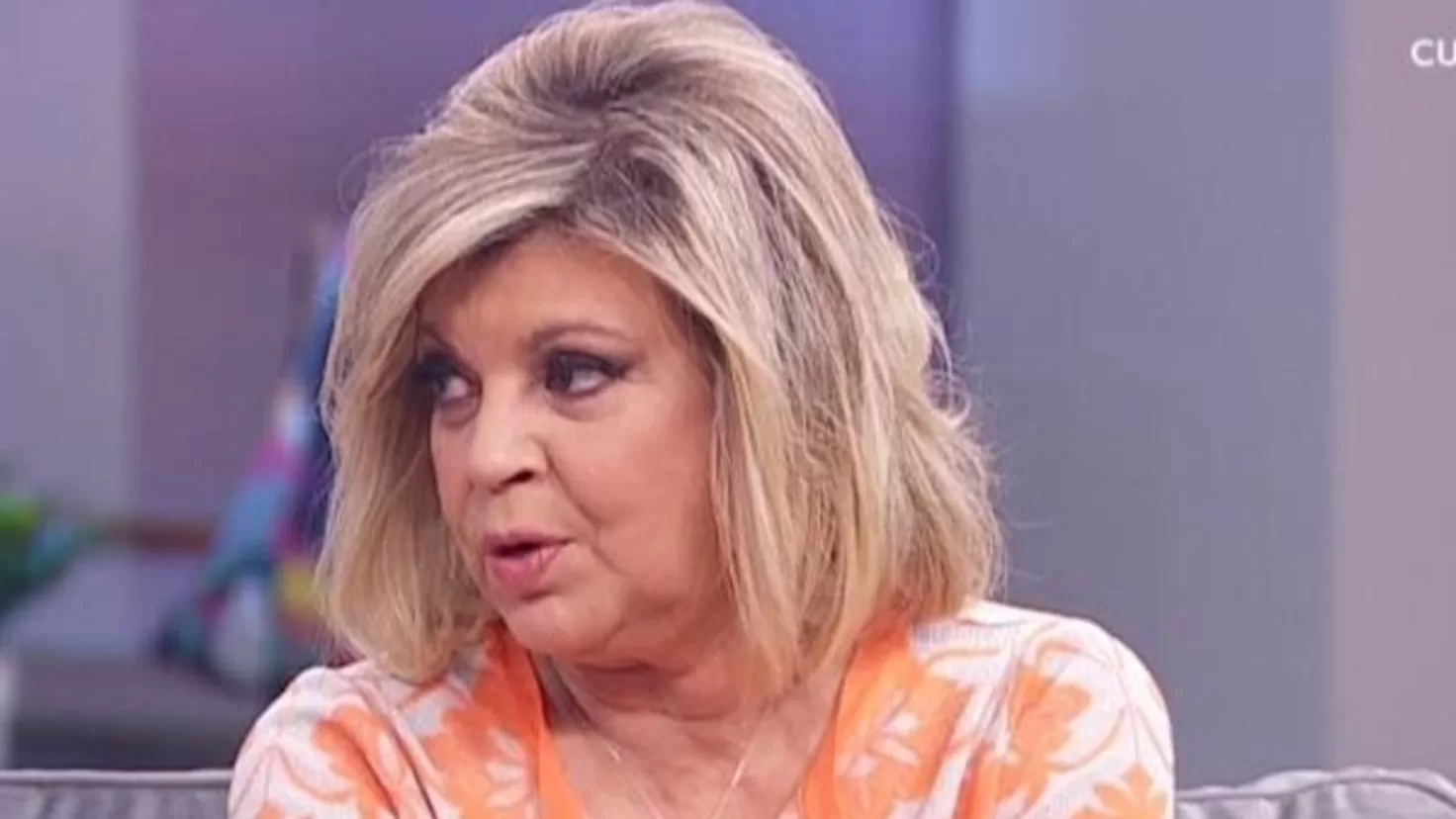And now he arrives on stage at the Miami-Dade County Auditorium to present the concert Marinel One Voice.
I started working when I was 15 years old doing what I liked. The transition to the operatic world was by accident. I wanted to study music education, because that’s what I love. That’s what I am. And when I got to university, I thought they had a popular singing program. “I wanted to be the next Olga Tan,” she said. soprano Marinel Cruz in interview with DIARIO LAS AMRICAS.
But when I went to my first singing class, my teacher, with an impressive voice, when she opened her mouth and began to teach me the introduction of the vocal technique, I was like that (jaw open). And I said to myself: I think I’m in the wrong place, I think she’s confused. That’s not what I want. And then there I realized that the only thing they offered was lyrical singing, which has nothing to do with popular singing. I was in denial for three months, I cried a lot, he added.
One day, because the curriculum required it, he had to attend a concert of music classic And it was then that I appreciated what until that moment I had rejected due to ignorance.
I was in denial until, three months later, I had to go to some gala concerts, where the best students of the vocal department were singing. And that day I fell in love when I saw what they did. I told myself: I want to be the same or better, record.
From that day on I went to the cubicles to study until 10 at night. And that was how I managed to perfect the technique, understand and accept the information that the teacher was trying to convey. I refused because she didn’t know the genre, I didn’t like it. In my ignorance I thought it was boring. And I think that is the opinion of many people who don’t know him. Thank God, after that I started to do very well, I gained skills, I graduated and professional contracts appeared.
Between the worlds
But being born to musical parents and growing up in an environment of tropical sound, gave him the foundations that serve him to this day to navigate both styles.
And some time later I am here, combining those two genres, I really can’t say which one I like more, because I enjoy them. They are different worlds, but I couldn’t say if I like opera or popular music more, because both fill me up, he said.
Likewise, she recognizes that it was the dramatic element that attracted her to that genre of the big stage.
It was the drama. I am very dramatic. I am also a music educator and when I try to persuade my students and pull them into this world of opera, I tell them: look this is like a Mexican novel, where they know each other now and love each other now. So tomorrow they are getting married. They laugh, he commented on the melodramatic narrative that usually characterizes the genre.
La bohme is his favorite opera and explains why.
As a hopeless romantic, La bohme It is a very beautiful love story with a not very happy ending, but it is very beautiful. And the music, how the composer captures that romance in those melodic lines, he commented.
There are some happy endings, but I like the ones that don’t end so happily. It really is very interesting. The stories are often based on real events.
Your memories, your inspiration
The pain over the loss of his parents, to whom he dedicates the concert he presents on March 3, has served as a vehicle for transmitting emotions on stage.
I had to play a role three months after my mother died. And every time I sing that role it brings back memories. When we act we use that of associating and thinking about past things. Every time I face that moment, I once again face the grief of my mother’s death. And that is a very big challenge, because if you cry it interferes with your voice. So you have to find a balance between interpreting to bring the message to the public and singing at the same time, she explained.
And that is said to be easy, but it is not. In the most recent performance I did, it was inevitable to cry. Thank God I have mentors who have helped me so much to work on the technique and I managed to save the situation.
Likewise, Marinel Cruz told what it was like to grow up in a home where she began a musical legacy that she intends to continue and now honor with a concert and album that bears the same name.
My parents were musicians. My mom was a singer and my dad played guitar and electric bass. They died of cancer. And I felt that I needed to do something that captured the musical heritage that they left me. And here I am realizing my dreams and those of my parents, he expressed.
It was very fun, because while the girls my age were playing with dolls, I was playing at being a singer like my mom, I wanted to be like her. The genre that my parents made was tropical, they made merengue, salsa and also bolero. So I grew up learning all those songs.
A great legacy
In addition to the gift of music, he owes his parents other values that they instilled in him.
They left me a musical heritage that runs through my veins. Music has rescued me from dark situations. And that is something that I have tattooed in my soul. But they also taught me the importance of gratitude. There will always be angels who guide us, who arrive, help and leave. I have a grateful heart for those people who come to guide me and guide me. And that is one of the treasures that I remember most from my parents. They also taught me humility, to keep my feet on the ground.
The album Marinel One Voicewhich he will present in Miami in honor of his parents, includes 10 songs, including the acoustic version in Spanish of the song Everything goes to the winnerwhich the group ABBA popularized in the 80s.
For invoices or monthly information visit miamidadecountyauditorium.org or call 305.547.5414.




